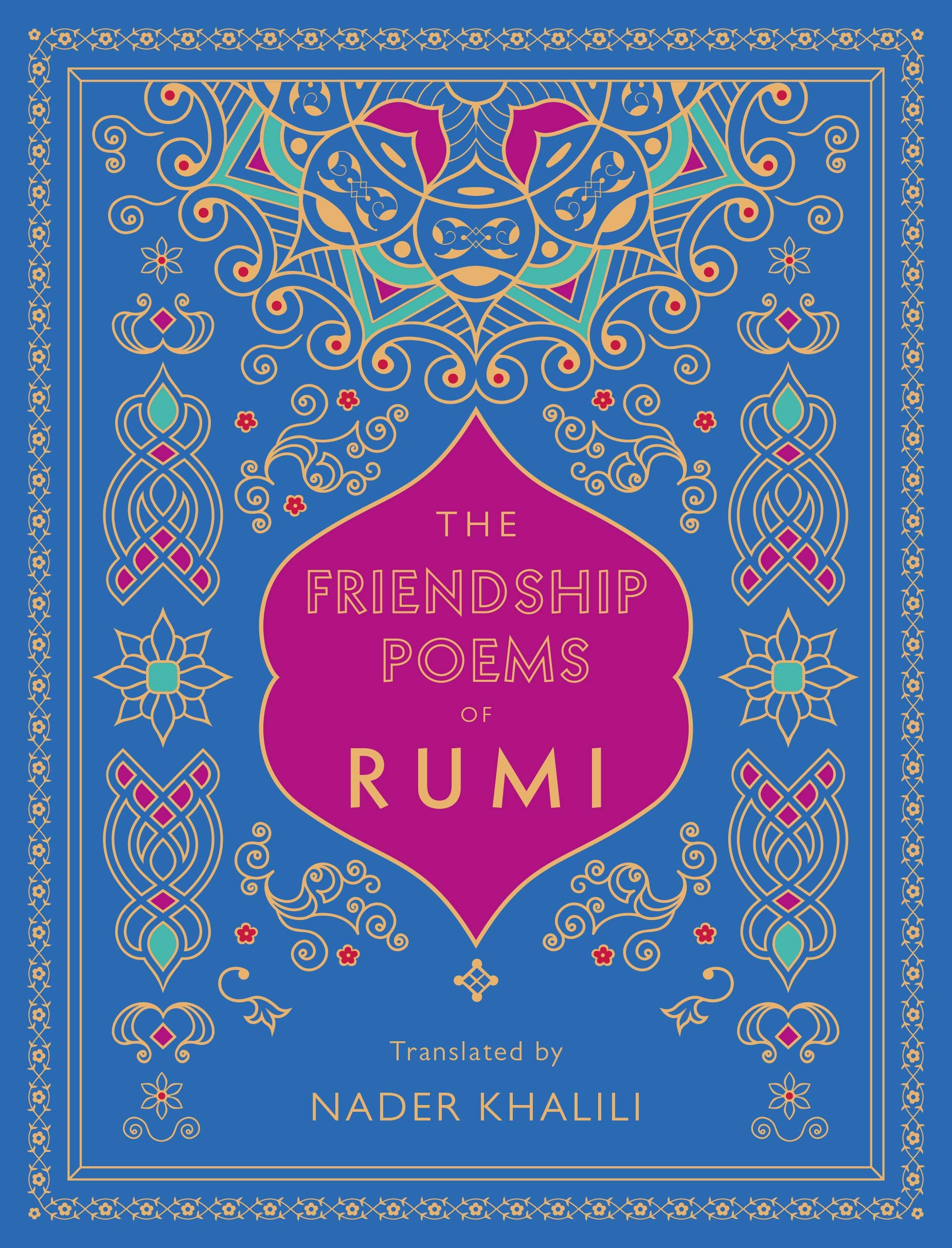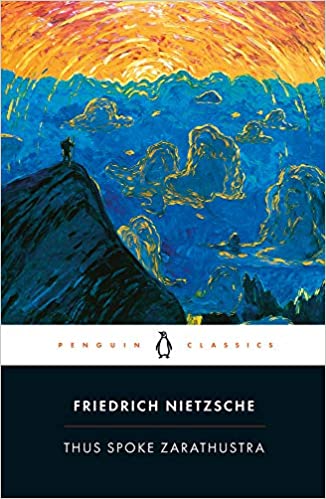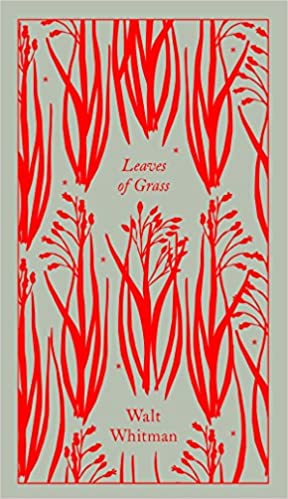Rumi – The Friendship Poems of Rumi
For more than eight centuries, Jalaluddin Muhammad Balkhi Rumi—commonly referred to simply as Rumi—has enchanted and enthralled readers from every faith and background with his universal themes of love, friendship, and spirituality, which he seamlessly wove into resplendent poetry.
The verses perfectly express the universal importance of friendship in its many forms. A perfect gift to celebrate a special friendship, allow Rumi to exquisitely express the deeper meanings of being, and having, a friend in your life.
With intricately designed and richly coloured covers that mirror the beauty of the words within, the Timeless Rumi series presents themed collections of poems from the great Sufi mystic Jalaluddin Muhammad Balkhi Rumi that serve as cherished tools for self-reflection.
Find Yourself a Friend
find yourself a friend
who is willing to
tolerated you with patience
put to the test the essence
of the best incense
by putting it in fire
drink a cup of poison
if handed to you by a friend
when filled with love and grace
step into the fire
like the chosen prophet
the secret love will change
hot flames to a garden
covered with blossoms
roses and hyacinths and willow
spinning and throwing you
a true friend can hold you
like God and his universe




